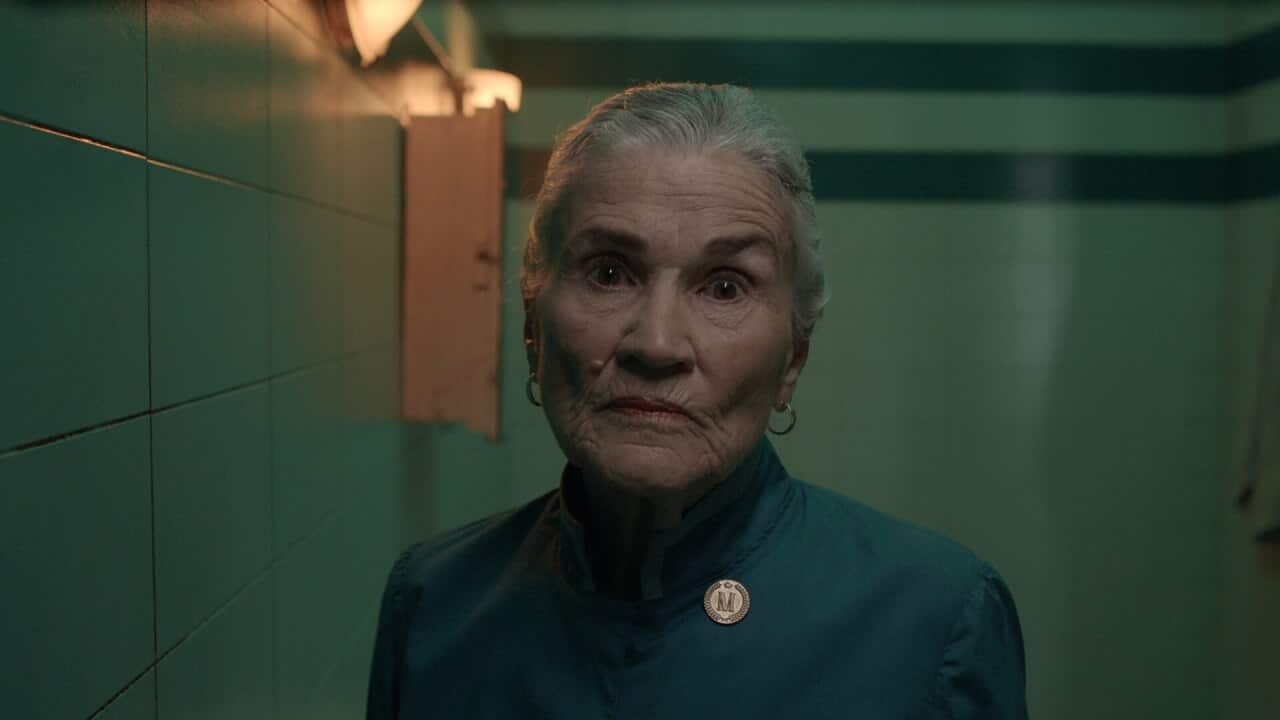A global pandemic existed well beyond COVID, robbing individuals of their energy, devastating mental and physical health, and resulting in economic and social decline.
Insomnia.
It is likely much more common than is reported, since many people are functioning insomniacs who don’t seek help or have given up on a cure.
The reported last year that in Australia, more than half the adult population experience at least one chronic problem with their sleep, be it falling asleep or staying asleep, and just over 14.8 per cent report symptoms that indicate a clinical diagnosis of insomnia. The research also found that significantly more female respondents reported worrying about the quality of their sleep and being too overwhelmed by thoughts to get to sleep.
There is vast research to indicate that insomnia have an impact on our neurological makeup, effect our ability to form memories, to make decisions, to process emotions and thoughts rationally, and, ultimately, it affects our physical health too with heart and digestive issues manifesting. (The Sleep Health Foundation’s page is a good starting point for understanding sleep-related topics.)
In her candid, relatable Insomnia And Me, UK radio presenter Daisy Maskell gives a very personal and informative account of living with insomnia and most importantly, provides hope that there are avenues for treatment. London-based Maskell, though only 24, has suffered insomnia for the past 14 years. Sometimes, she admits, the grand total of her sleeping overnight is 30 minutes. Maskell traces her chronic sleeping troubles to her parents’ traumatic separation when she was six and – most candidly and tragically – believes that her eating disorder and her insomnia exacerbate each other. “It sometimes feels my body is failing me,” she admits. “I would refer to the moments where I’m really suffering with insomnia as episodes, and those episodes consist of me feeling my mind is over-active. It’s just an inability to switch off.”
“It sometimes feels my body is failing me,” she admits. “I would refer to the moments where I’m really suffering with insomnia as episodes, and those episodes consist of me feeling my mind is over-active. It’s just an inability to switch off.”

‘Insomnia and Me’. Source: Proper Content
During the pandemic, Maskell revealed her insomnia to her social media followers. It was both horrifying and strangely comforting to find that the very lonely experience of being awake for hours on end, without reprieve, was common and that it had only become more problematic during COVID as the stresses of job loss, health fears, housing instability and the risk of abuse rose exponentially.
“With insomnia, very rarely is it a standalone diagnosis.” Psychiatrist Ana-Maria Ilea
But this is not a documentary in which Maskell admits to a litany of sleep, eating and mental health problems having lost all hope of a cure. She is determined to try the various recommended treatments, and duly enrols in a course of cognitive behavioural therapy insomnia (CBTI), which has a high success rate among participants.
She attends an appointment with sleep consultant and physiologist, Stephanie Romiszewski, at the Sleepyhead Clinic, who advises her to establish a pattern of waking at the same time each morning, to only sleep when she’s tired, and to maintain a sleep diary. Romiszewski diagnoses her with a moderately severe level of clinical insomnia.
Maskell is exploring all her options though, and has her brain activity measured by a neurofeedback therapist at Brainworks Home Clinic. Unsurprisingly, Maskell is informed that her brain activity is more pronounced than average. A psychiatrist wants to untangle the relationship Maskell has with food. There is a to indicate that eating disordered behaviour can lead to sleep disorders, and that lack of quality sleep impacts upon eating behaviour and digestion.
“I feel like my issues with my sleep has only made my issues with my eating disorder worse based on the fact that when I can’t sleep and I’m up late awake at night, I will combat those negative feelings and the strain that puts on my mental health with binge eating or consuming a lot of food, just because for a short period of time that will make me really happy…” Maskell confesses.
“From the age of 14 I realised I have a lot of power over what I put in my own body… I can’t manipulate or control many things in my life, but the one thing I can control is what I look like physically and what I put in or take out of my own body.”
Psychiatrist Ana-Maria Ilea responds tellingly, “With insomnia, very rarely is it a standalone diagnosis.” A revealed that despite how common sleeping disorders are in Australia, the queues for laboratory measures and treatment were very long and that the costs of diagnoses and treatment were inaccessible and unaffordable for many. This might go some way to explaining why the report found simply prescribed medication.
A revealed that despite how common sleeping disorders are in Australia, the queues for laboratory measures and treatment were very long and that the costs of diagnoses and treatment were inaccessible and unaffordable for many. This might go some way to explaining why the report found simply prescribed medication.

24-year-old Maskell has suffered insomnia since her teenage years. Source: Proper Content
These kinds of findings show why this documentary is so timely and so necessary.
A sleep disorder, as Maskell shows, is rarely simply solved by telling someone to go to sleep and wake up at the same time, nor by a diagnosis alone. It is often one branch where the roots go deep into childhood trauma, social anxiety, body image, depression or physical health disorders.
Just as responding to COVID required a national government, business, health industry and community-level cooperative approach, as well as a collective international effort, so does insomnia require a collective, determined approach. If Maskell’s documentary enables more of us to admit to our doctors, family and friends that we are suffering insomnia too, then at least we are not suffering alone.
Insomnia and Me is now streaming at SBS ON Demand for a limited time:
More from The Guide

Isolating in isolation in ‘Outback Lockdown’











